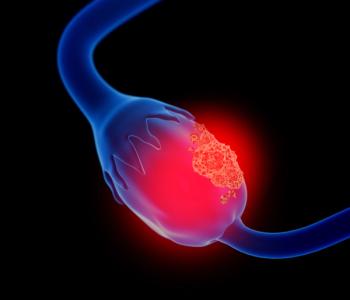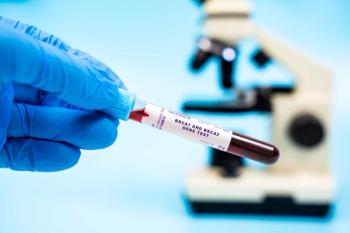
Dr Bradley Monk Discusses Indications for PARP Inhibitors in Ovarian Cancer
Bradley Monk, MD, FACOG, FACS, clinician at Arizona Oncology, describes the current indications for PARP inhibitors in ovarian cancer.
Bradley Monk, MD, FACOG, FACS, clinician at Arizona Oncology, professor at the University of Arizona and Creighton University in Phoenix, describes the current indications for PARP inhibitors in ovarian cancer.
Transcript
Can you discuss the current approved indications for PARP inhibitors in ovarian cancer?
Poly (ADP-ribose) polymerase, or PARP, inhibitors are oral anti-cancer therapies. They're approved in 4 tumor types—breast, there are 2 of them; pancreatic; and then in prostate, there are also 2 of them. And in those breast, pancreatic and prostate, there are molecularly defined populations. I'd like to talk to you about the ovarian cancer indications.
We have 9 PARP inhibitor indications in ovarian cancer. I can kind of put them into groups. The first PARP approved in treatment, that first group, was called olaparib in December of 2014. So we've been sort of using PARP inhibitors in the clinic for 6 years. And olaparib was an accelerated approval, as were the others: rucaparib, and also niraparib. And again, in the treatment setting of later lines of therapy. They're all molecularly defined populations. Olaparib is germline BRCA mutation, rucaparib is germline and somatic mutation, and niraparib is BRCA mutation or homologous recombination repair-deficient, platinum-sensitive cancer; so patients that have a platinum-sensitive relapse that have the molecular signature, which we abbreviate HRD.
Newsletter
Stay ahead of policy, cost, and value—subscribe to AJMC for expert insights at the intersection of clinical care and health economics.









